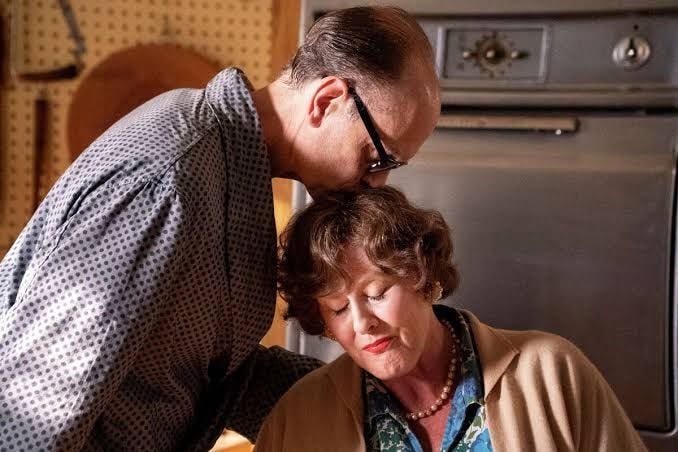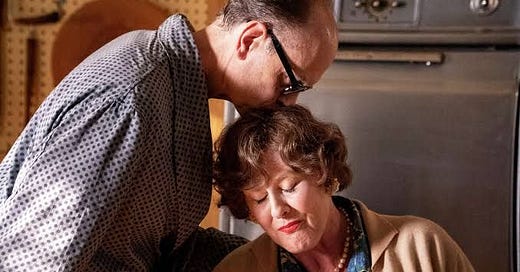Review: Julia
The latest TV bio-series continues to muddy the waters between reality and fiction - what are we really watching here?

From the opening moments of Julia, it is clear what the show plans to be: An exploration of a woman we previously didn't put much consideration into previously and providing greater context about why we should have paid more notice to her for what was often under-appreciated trailblazing work.
It is all part of the current trend of shows that reconsider …




